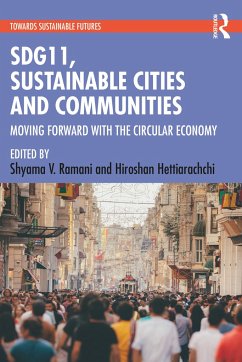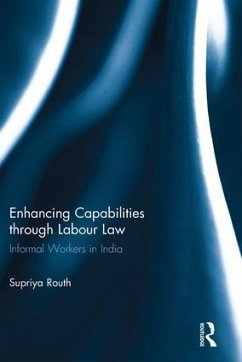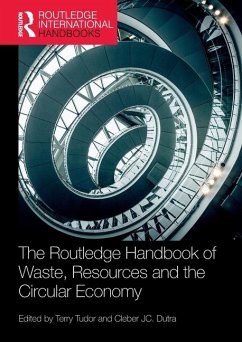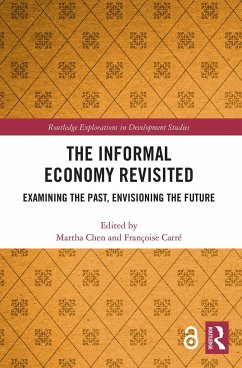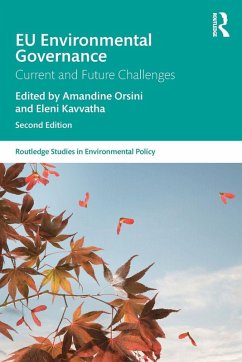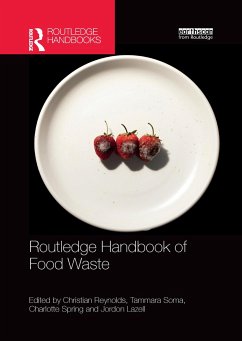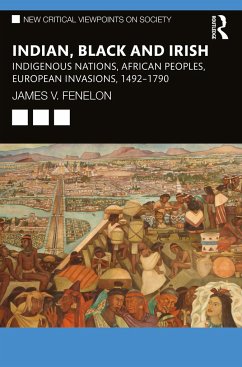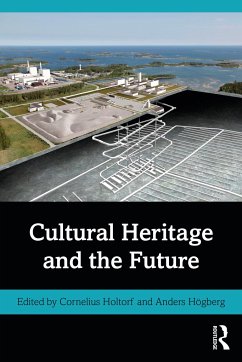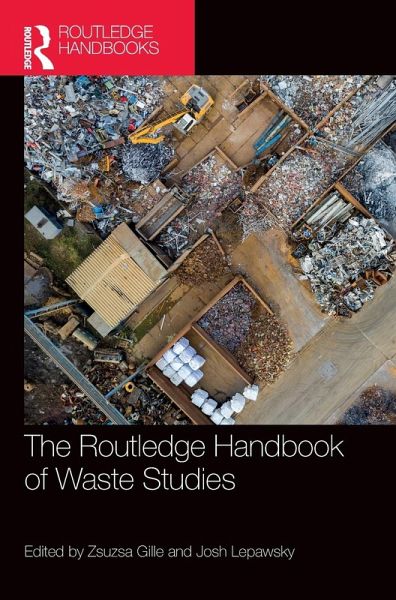
The Routledge Handbook of Waste Studies

PAYBACK Punkte
115 °P sammeln!
The Routledge Handbook of Waste Studies offers a comprehensive survey of the new field of waste studies, critically interrogating the cultural, social, economic, and political systems within which waste is created, managed, and circulated.While scholars have not settled on a definitive categorization of what waste studies is, more and more researchers claim that there is a distinct cluster of inquiries, concepts, theories and key themes that constitute this field. In this handbook the editors and contributors explore the research questions, methods, and case studies preoccupying academics work...
The Routledge Handbook of Waste Studies offers a comprehensive survey of the new field of waste studies, critically interrogating the cultural, social, economic, and political systems within which waste is created, managed, and circulated.
While scholars have not settled on a definitive categorization of what waste studies is, more and more researchers claim that there is a distinct cluster of inquiries, concepts, theories and key themes that constitute this field. In this handbook the editors and contributors explore the research questions, methods, and case studies preoccupying academics working in this field, in an attempt to develop a set of criteria by which to define and understand waste studies as an interdisciplinary field of study.
This handbook will be invaluable to those wishing to broaden their understanding of waste studies and to students and practitioners of geography, sociology, anthropology, history, environment, and sustainability studies.
While scholars have not settled on a definitive categorization of what waste studies is, more and more researchers claim that there is a distinct cluster of inquiries, concepts, theories and key themes that constitute this field. In this handbook the editors and contributors explore the research questions, methods, and case studies preoccupying academics working in this field, in an attempt to develop a set of criteria by which to define and understand waste studies as an interdisciplinary field of study.
This handbook will be invaluable to those wishing to broaden their understanding of waste studies and to students and practitioners of geography, sociology, anthropology, history, environment, and sustainability studies.






